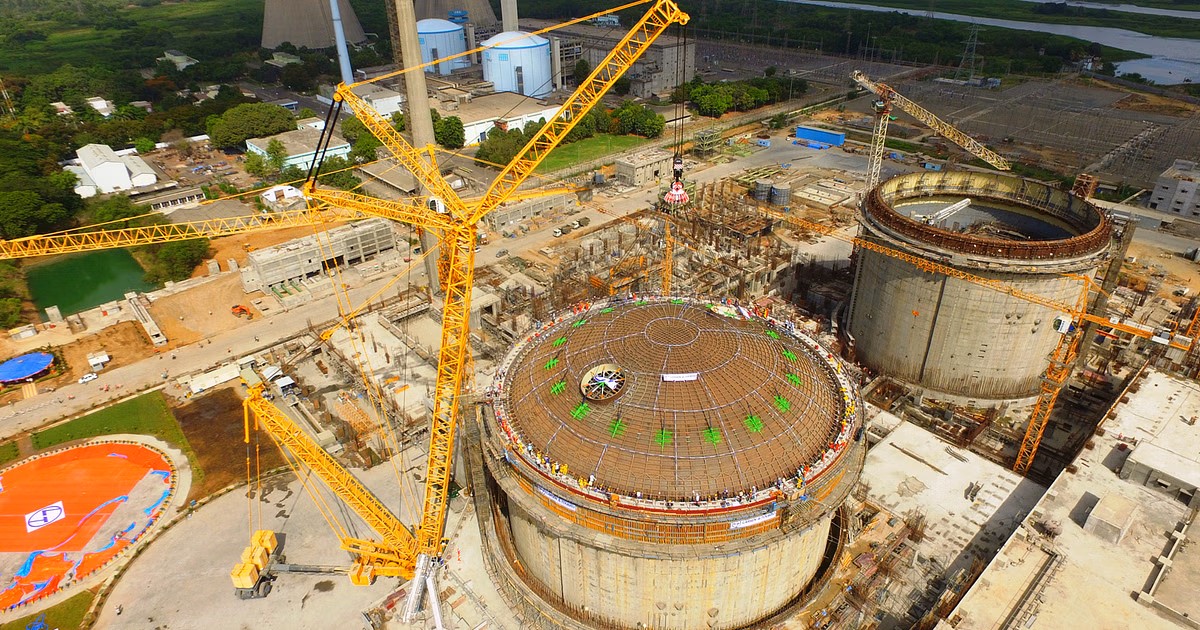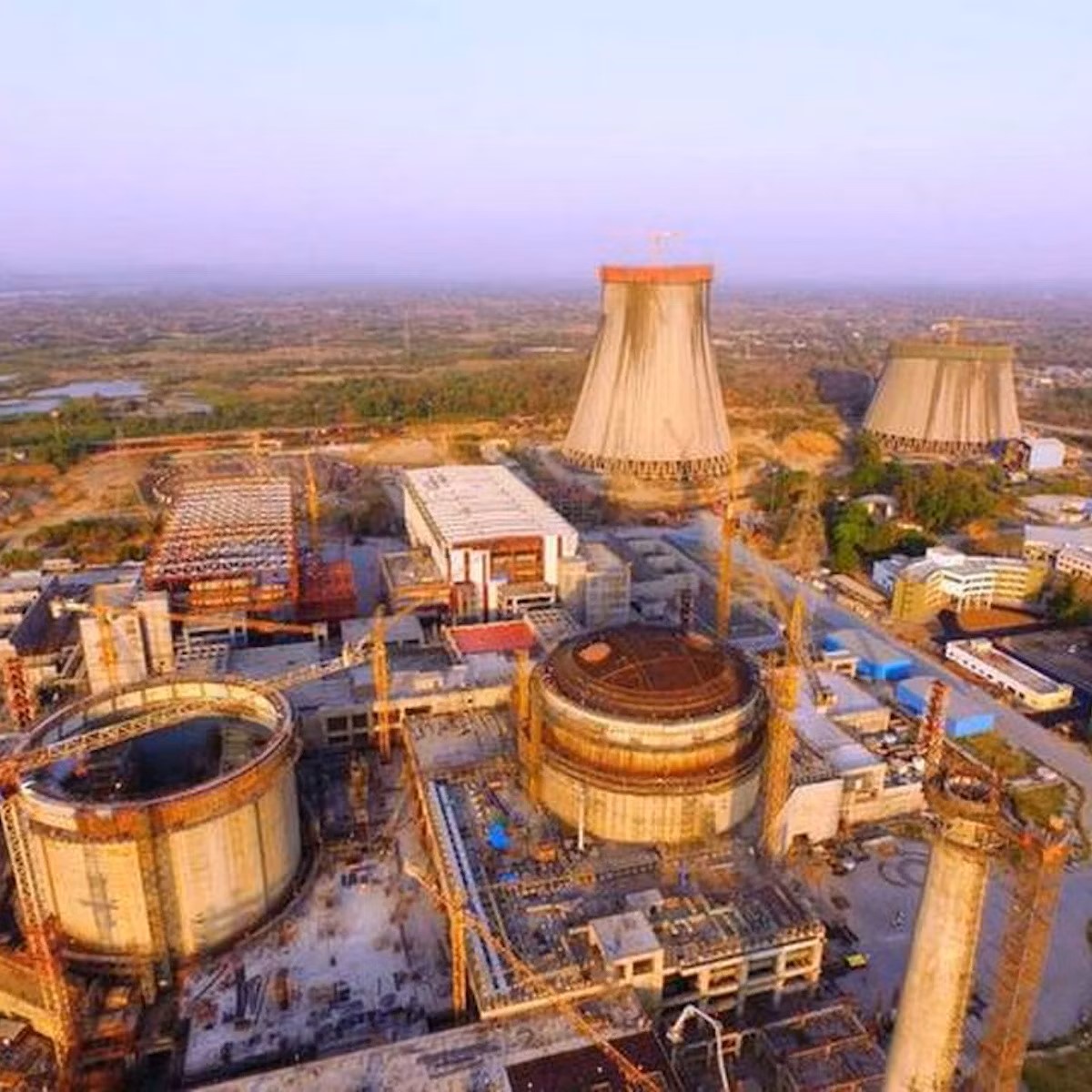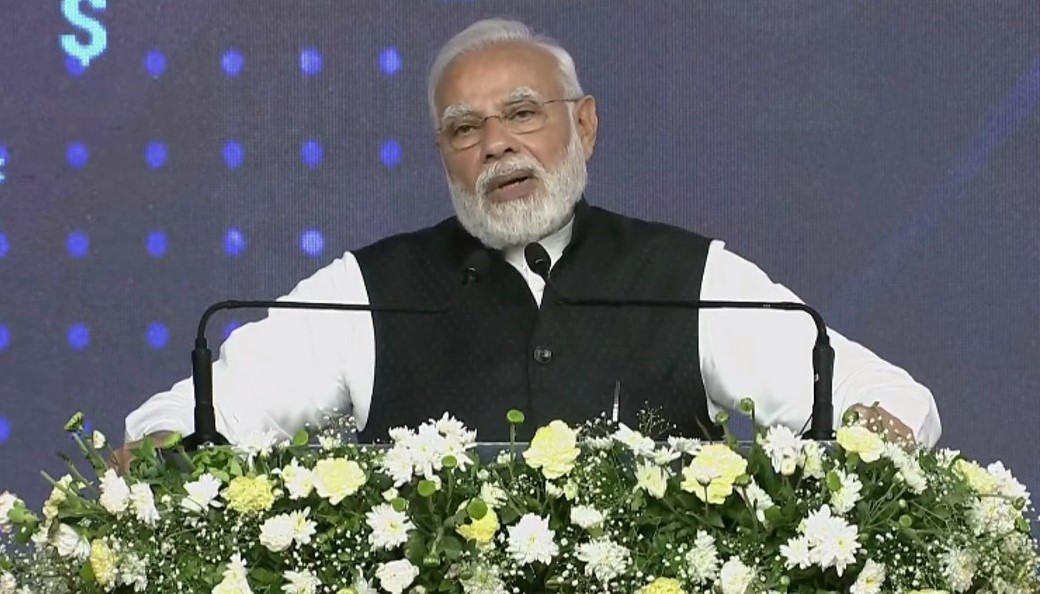A major milestone has been achieved in India’s nuclear power journey with the second home-built 700 MW nuclear power reactor at Kakrapar in Gujarat achieving its first criticality, marking the start of the controlled fission reaction. This crucial step paves the way for the gradual ramp-up of the reactor towards generating electricity for commercial purposes.
- Date of Achievement: Early Sunday, December 17, 2023, at 1:17 AM.
- Significance:
- Set the stage for a gradual transition to commercial electricity generation.
- The second reactor in the series of 16 indigenous Pressurized Heavy Water Reactors (PHWRs) of 700 MW each being built in India.
- Achieved six months after the commercial operation of the first Kakrapar Unit-3, highlighting operational efficiency.
- Safety Assurances:
- The first criticality was achieved after meeting all safety stipulations of the Atomic Energy Regulatory Board (AERB).
- Further tests and experiments will be conducted before full power operation.

- Project Details:
- Kakrapar Atomic Power Project (KAPP) Unit-4 is located in Surat district, Gujarat, alongside existing reactors KAPS 1 and 2.
- These indigenous PHWRs boast advanced safety features and are considered among the safest in the world.
- Designed, constructed, commissioned, and operated by the Nuclear Power Corporation of India Limited (NPCIL).
- Indian industries and companies contributed to equipment supply and contract execution.
- India’s Nuclear Power Landscape:
- NPCIL currently operates 23 reactors with a total capacity of 7,480 MW.
- Nine units, including KAPP-4, with a capacity of 7,500 MW are under construction.
- Another 10 reactors with a total capacity of 7,000 MW are in pre-project stages, expected to be completed by 2031-32.
This achievement demonstrates India’s growing capabilities in building and operating advanced nuclear power reactors, contributing significantly to the country’s energy security and clean energy goals. The upcoming generation of electricity from KAPP-4 marks a positive step towards a sustainable future, powered by reliable and efficient nuclear energy.




